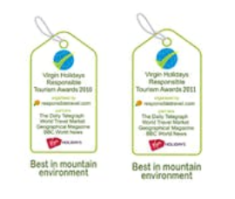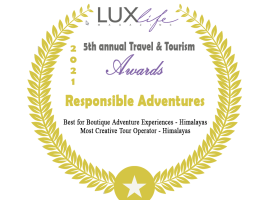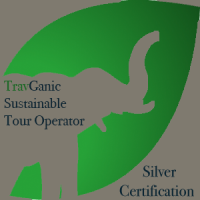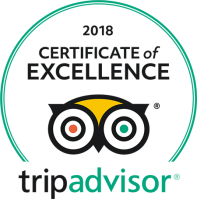More than two thousand trekking agencies in Kathmandu alone and a few hundred registered companies in Pokhara. Finding the right tour operator can become challenging when you add several hundred hotels, guesthouses, and numerous unregistered operators offering trekking services. You work hard throughout the year, and a vacation is a well-deserved reward for yourself, so make sure you find the right company to make your trekking experience memorable.
Some Tips on Choosing the Best Trekking Company
- Check if the company has a government license and has completed a registration procedure with at least one umbrella organisation, such as the Department of Tourism in Nepal, the Nepal Tourism Board (NTB), or the Trekking Agencies Association of Nepal (TAAN). Although this does not guarantee you will have the best experience, it will assure the company’s commitment to your welfare and that of its staff.
- The agency should be professional and straightforward in communicating with you, clearly answering any questions you may have concerning the trek. The quality of English on a website can also indicate how professional a company is. During communication, bear in mind that English may not be the first language of a local company representative, but look out for unprofessionalism or unreliability.
- Ask the company what its Unique Selling Points (USP) are and how it differs from other companies.
- Ask what the safety standards are for the company and what it does to implement its policy. Ensure that the company has high and up-to-date safety standards and is adequately equipped for all treks. You can also learn about a company’s health and safety standards by visiting its website, emailing its previous customers, or checking online reviews.
- Make sure you have a reliable, competent, and medically trained professional trek leader. It would be best to have full assurance that your trek leader can handle any adverse situation on the trek.
- Does the company use a Portable Altitude Chamber (PAC) or oxygen on its tours? If so, ensure that the trek leader’s training is up to date by asking when they completed the Wilderness First Aid refresher course. When on tour, you should ask if the trek leader knows how to operate such equipment properly before it is used, as misuse can lead to more harm than good.
- Do you know someone who has been on a trekking tour in Nepal? They might have a recommendation and some exciting stories about the visit.
You can also look up reviews and testimonials from previous clients of a company. Some testimonials will include the reviewer’s email address, and you can always write to inquire about an individual’s experiences with a company. Of course, most people are busy with their everyday lives, but one or two reviewers may respond to you with helpful information.
- Carefully check the trip cost and inclusions to avoid any hidden charges. Make sure the trek’s price covers all or most of your requirements.

Everyone loves a bargain but avoid companies that stand out as cheap compared to others, as they might not consistently deliver what is promised or even make their main profits through other means. Remember how much you paid for your international airfare to get here; you do not want to be thrifty for the most crucial part of your vacation, from a few days to a few weeks. Therefore, cheap companies are most unlikely to be the best. However, due to their localised expertise, a mid-range company can be better than the more expensive tour operators. Please look at this article about trekking companies that profit by convincing clients that they need a helicopter evacuation before completing the trek! Also, read about the discussions on TripAdvisor’s forum about Helicopter scams in Nepal.
- Determine whether the company offers fixed group departure dates if you intend to join a small group.
- Consider the background of the founders of the company. Do they have experience as trip leaders and a passion for the outdoors? If so, they may be more dedicated to ensuring the best experience for you than someone in the business to make money.
- Years of experience make a difference. The length of time a company has been in business can indicate its standards, but only if it continuously improves its services and trekking experiences.
- Be a responsible trekker and determine if the company has Responsible Tourism policies. Confirm that the company is dedicated to its staff’s welfare, including porters, and organises treks in a way that minimises the negative impact on the environment.
















